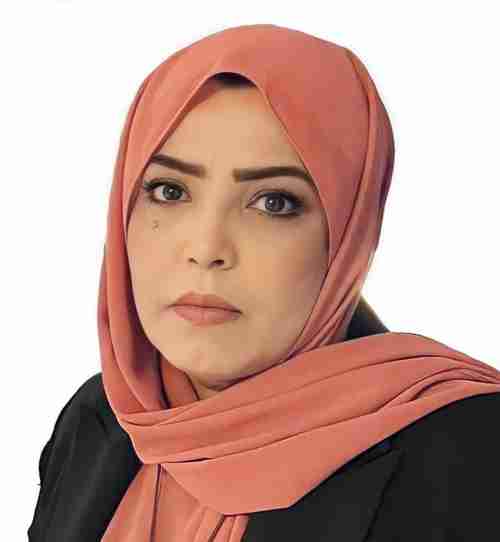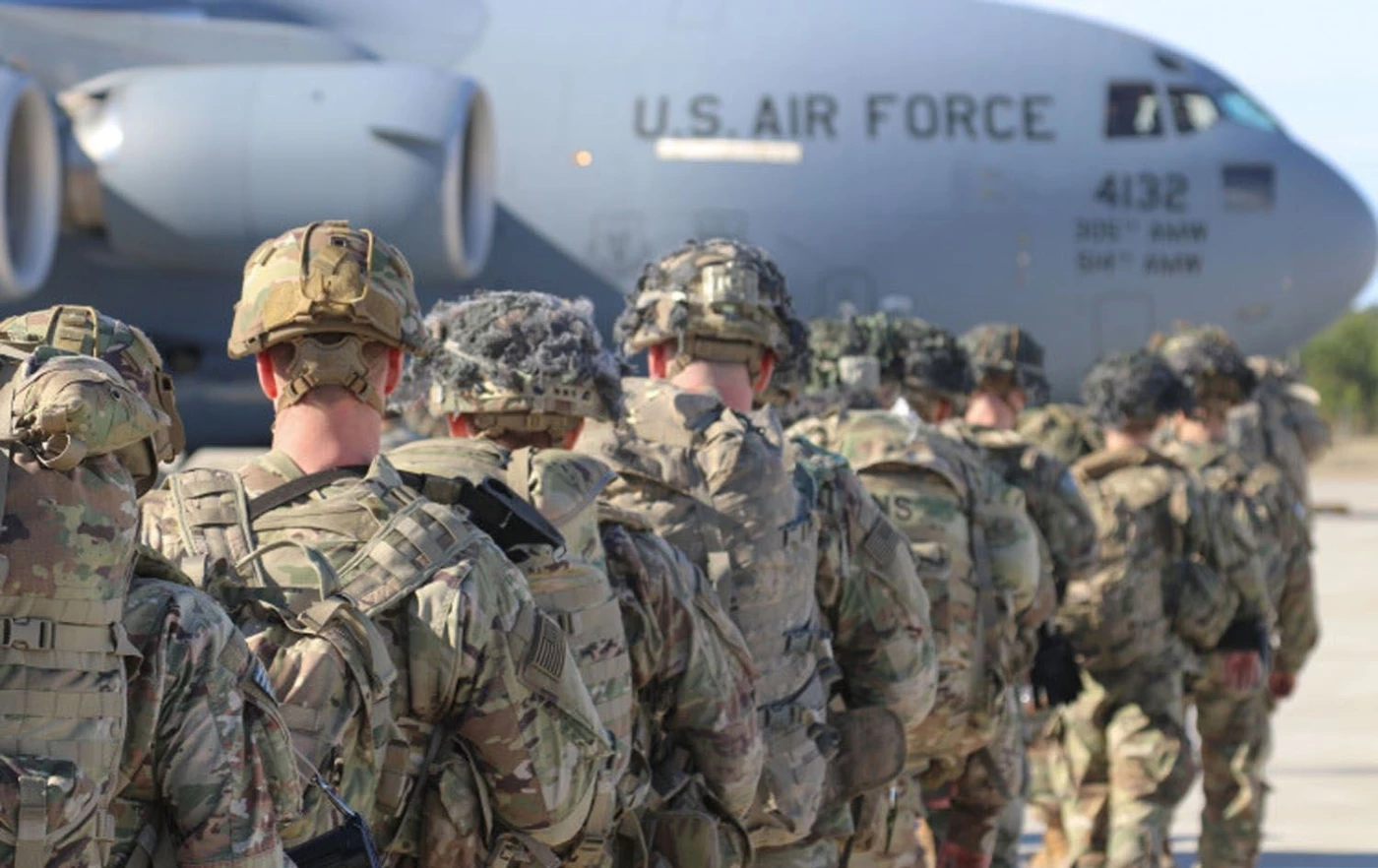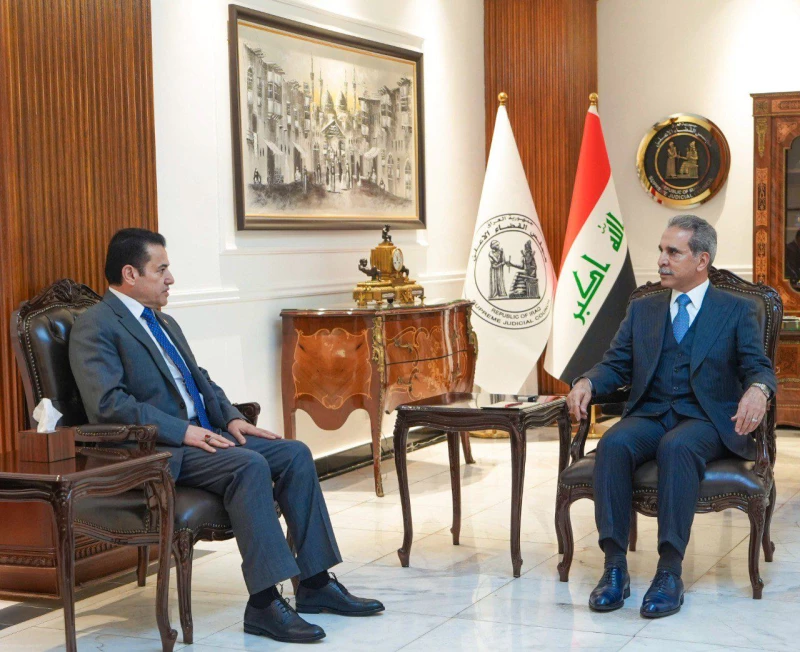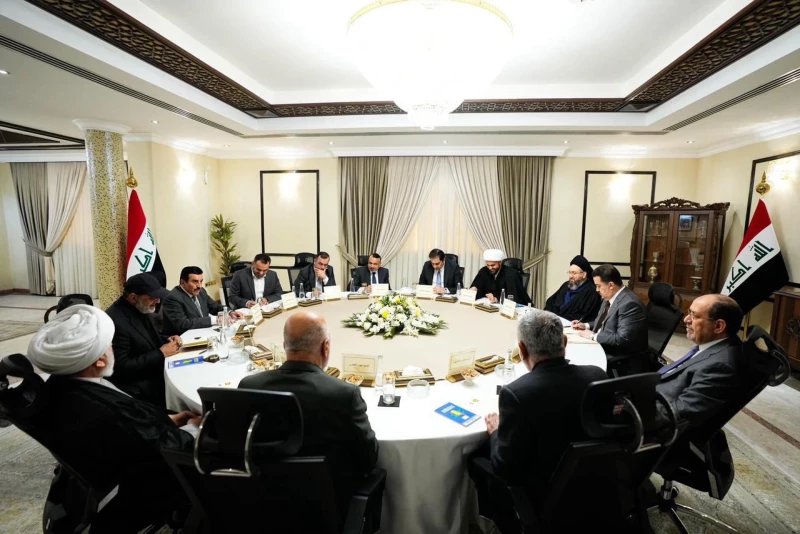BAGHDAD, Iraq - A Shiite armed group linked to powerful Iraqi Shiite cleric Muqtada al-Sadr carried out the latest attack on the US diplomatic institution at Victoria airbase north of Baghdad, last week, armed factions and Iraqi officials told The New Region.
All signs available so far indicate that the attack was carried out without Sadr's knowledge or permission.
A rocket attack targeted Victoria Air Base, near Baghdad International Airport, on Tuesday. A senior military officer serving in the Iraqi Joint Military Operations Command told The New Region that two rockets hit Victoria Air Base, which houses a number of Iraqi and American military headquarters, early Tuesday morning. One rocket landed near a Rapid Response Force headquarters, and the other landed near a Counter-Terrorism Service headquarters.
However, a spokesman for the US Embassy in Baghdad said in a statement that the attack targeted the “Diplomatic Support Complex,” one of the US diplomatic facilities in Baghdad.
No casualties were reported.
The attack, which took place on the eve of the new Iranian President Masoud Pezeshkian’s visit to Iraq, was carried out by “Azhariyoun”, one of the groups operating under the banner of Saraya al-Salam, Sadr's armed wing, Iraqi commanders and officials told The New Region.
“The operation was improvised and unplanned. It was a personal act by the group’s commander and his goal was to abort Pezeshkian’s visit,” a Saraya al-Salam commander told The New Region.
“The leader (Sadr) was not aware of it and the perpetrators and their leader will pay the price.”
Sadr has nothing to do with the attack
Azhariyoun is one of the armed Shiite groups that was formed ten years ago and was named after the commander Azhar al-Dulaimi, the mastermind and perpetrator of the bold attack that targeted the Karbala Provincial Council in 2007, which resulted in the killing of five US soldiers and the wounding of three others.
The group, which consists of dozens of fighters led by Samad al-Fartousi, is deployed in Samarra and Baghdad and operates under the command of Saraya al-Salam, but many signs have begun to indicate the growing influence of this group and its commander within Saraya al-Salam and their recent expansion in addition to their involvement in “illegal” economic activities, a number of Saraya al-Salam leaders told The New Region.
On Saturday, Sadr described the group as an “impudent militia” and issued a decision to expel Fartousi and his group from Saraya al-Salam and ordered his followers to guide the security services to their locations, two separate statements issued by Sadr’s media office on Saturday read.
“Impudent militia” is a description that Sadr has often used to refer to Asaib Ahl al-Haq, one of the most influential Iraqi armed factions for many years.
Some websites associated with Sadr’s media have pointed out that Fartousi and his group have recently received external support “to encourage them to turn against Sadr.”
Sadrist leaders told The New Region that Fartousi and his group have developed good relations with Qais al-Khazali, the commander of Asaib Ahl al-Haq and Sadr’s arch-rival.
Sadr’s expulsion order is related to Fartousi and his group's recent activities, which “Sadr does not approve of or accept.”
“It is clear to us that Fartousi has begun to implement other agendas that have nothing to do with Sadr. Information indicates that he is now receiving support from other parties,” a Saraya al-Salam commander told The New region.
“He (Fartousi) now believes that he has the power to make decisions alone, rebel against Sadr and reject his choices.”
The message was delivered
Pezeshkian’s arrival in Iraq on his first visit outside Iran a few weeks after assuming office, and his carrying a letter of thanks from Iran’s Supreme Leader Ali Khamenei to the Iraqi government for its success in securing the visit of millions of Iranian pilgrims to Karbala last month, gives momentum to Iraqi Prime Minister Mohammed Shia al-Sudani at this particular time.
It is not yet clear whether Tuesday’s attack was a personal effort by Fartousi or whether the attack was carried out on behalf of “another Shiite party” who wants to “show Sudani what they are capable of” as a prominent leader of the Iranian-backed factions put it in his interview with The New Region.
The relationship between Sudani and some of his Shiite partners including Khazali has been at a critical juncture for weeks after the disclosure of a “wiretapping” network inside the government palace.
Tensions between Sudani and Khazali, the godfather of Sudani’s government until recently, are at their peak.
Three leaders of the ruling Coordination Framework, including one close to Sudani, told The New Region that they do not believe that Fartousi carried out the attack on behalf of Sadr, and that Fartousi would not have made the decision to carry out the attack without coordinating or consulting with one of the Iranian-backed forces.
The three leaders believe that the attack is part of the ongoing conflict between Sudani and his Shiite rivals, especially Khazali.
"Whoever is behind this attack wanted to send a message to Sudani that the current security stability was imposed by them and they are the ones who are able to end it at any moment,” a prominent Coordination Framework leader told The New Region.
"Khazali is the most capable of sending such a message now and he is the one who has the required influence on Fartousi,” he said, adding that Khazali “is at odds with Sudani but he is smarter than to return to using weapons and destroying everything he has built over the past period.”
"Using a new group to deliver his messages to this party or that is a tactic that is very consistent with Khazaali's mentality," the leader said.



 Facebook
Facebook
 LinkedIn
LinkedIn
 Telegram
Telegram
 X
X


